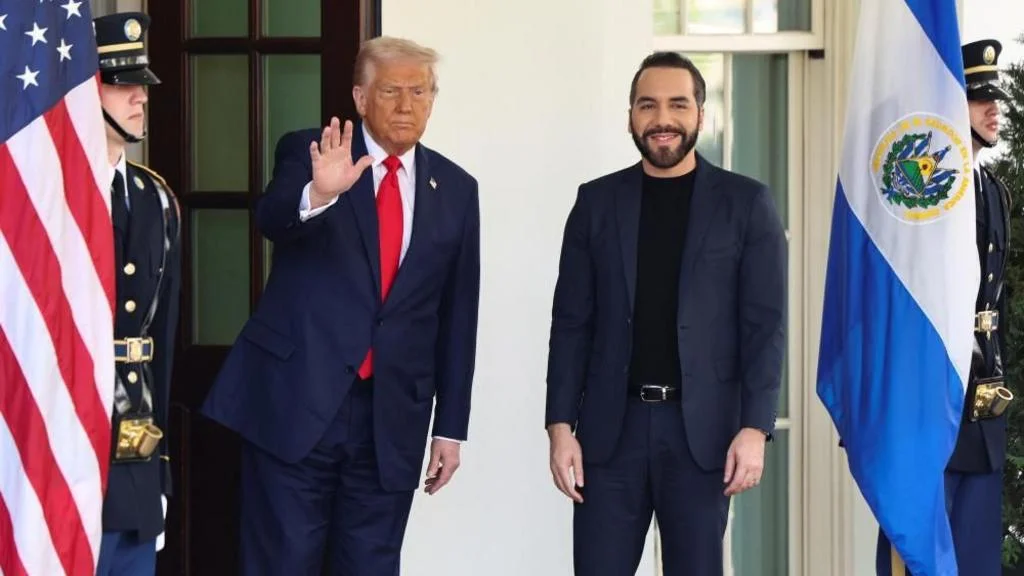
Tensions Rise as Trump Defies Court Orders on Wrongful Deportation Amid Shifting Global Policies
The White House became the focal point of a constitutional standoff and international controversy on Monday, as President Donald Trump met with El Salvador's President Nayib Bukele. The issue at the heart of the turmoil: the unlawful deportation of Kilmar Armando Abrego Garcia, a Maryland resident and father of three, to a notorious prison in El Salvador – and the Trump administration's flat refusal to facilitate his return, despite an explicit Supreme Court order.

The administration’s resistance to court intervention was underscored in a highly charged Oval Office exchange. Despite the Supreme Court directing U.S. officials to 'facilitate' Abrego Garcia’s return, Trump and his top aides pointedly claimed that only the president holds the authority over such foreign policy decisions. Stephen Miller, the White House’s deputy chief of staff, dismissed suggestions that the courts could force their hand, with Secretary of State Marco Rubio stating, “The foreign policy of the United States is conducted by the President, not by a court. End of story.”
Bukele, for his part, gave no ground, echoing Trump’s sentiment and sharply rejecting the idea of allowing Abrego Garcia—wrongly tagged by U.S. officials as a gang member—back into America. “The question is preposterous,” Bukele declared, likening the act to 'smuggling a terrorist.' He bluntly stated, “I don’t have the power to return him,” underscoring the diplomatic impasse.
Garcia’s case reveals fractious tensions not only between the branches of U.S. government but also highlights the Trump administration's hardline stance on immigration and its willingness to test the limits of executive power. The administration has admitted the deportation was an 'administrative error,' yet simultaneously continues to stonewall, arguing the case is El Salvador's responsibility. Protesters outside the White House, holding signs demanding the return of Garcia, signaled broad public unease and anger over the episode.

The incident is only one facet of a week marked by major shifts in domestic and foreign policy. From mass layoffs in federal agencies orchestrated by technology mogul Elon Musk to abrupt changes in U.S. trade tariffs on key industries such as semiconductors—moves that sent shockwaves through the markets—the Trump administration appears determined to reshape America’s government and its place on the world stage. High-profile figures, including Apple CEO Tim Cook and Nvidia chief Jensen Huang, have both engaged with the administration over tariff impacts; meanwhile, the semiconductor and tech sectors brace for further upheaval amid Trump’s insistence that tariffs will restore U.S. industrial might.
Yet, as legal experts and officials warn, the blurred boundaries between judicial oversight and executive privilege risk eroding democratic safeguards. “Human rights, democratic norms, and the rule of law have all but disappeared,” said Amanda Strayer of Human Rights First, summarizing fears that America’s example on immigration and foreign policy may now be trending toward authoritarianism, rather than setting a standard for accountability.

The standoff over Kilmar Armando Abrego Garcia’s fate—caught between administrative admission of error and stark policy refusal—raises urgent questions about the rule of law, international cooperation, and the future direction of the U.S. government. Will judicial authority prevail, or is a new precedent being set for executive disregard of legal directives? As debate intensifies nationwide, the ramifications of this showdown are certain to echo far beyond the gates of the White House.
What do you think about the administration’s hardline tactics and their impact at home and abroad? Share your thoughts below and join the conversation.